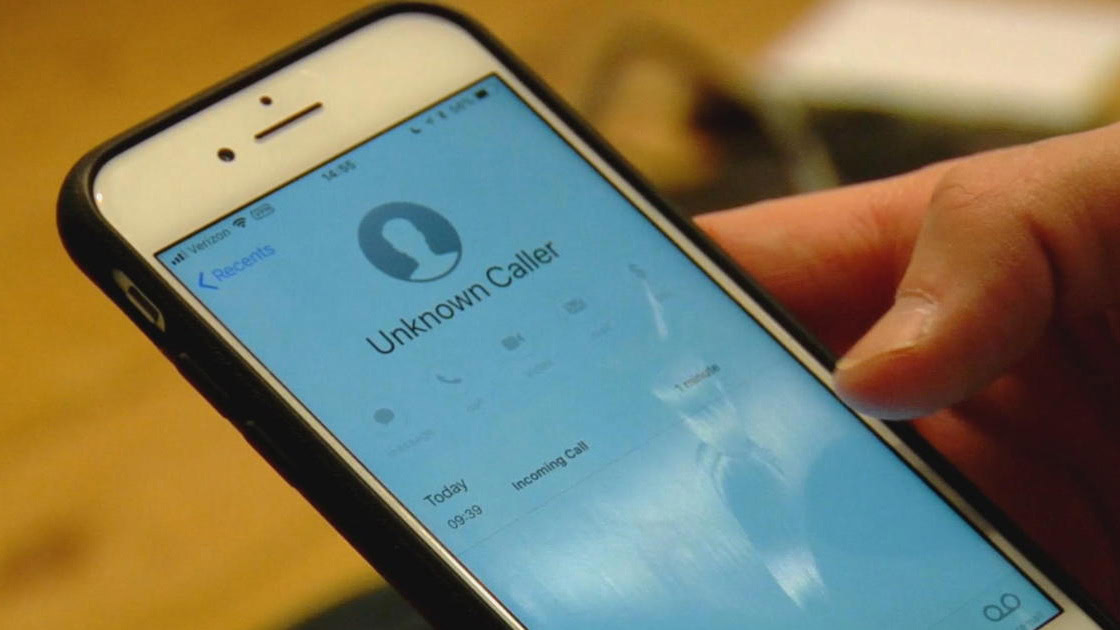Affiliate links on Android Authority may earn us a commission. Learn more.
US court rules NSA surveillance uncovered by Edward Snowden is illegal

- A US appeals court has ruled that the NSA bulk phone data collection program is illegal.
- The program was initially leaked by US whistleblower Edward Snowden.
US whistleblower Edward Snowden made headlines in 2013 when he revealed the National Security Agency (NSA) was collecting Americans’ phone data as part of a surveillance program.
Now, the 9th Circuit Court of Appeals has ruled that this controversial program is illegal and potentially unconstitutional (h/t: Politico), finding that it violated the Foreign Intelligence Surveillance Act.
The court also downplayed the role the bulk phone data collection program played in the 2013 prosecution of four men accused of fund-raising for terror group Al-Shabaab. More specifically, the court declared that the role of the program in the case was “so minor that it did not undermine their convictions.”
Read: Incognito mode unmasked — What it does and what it doesn’t do
The court turned down the Justice Department’s defense that NSA phone data collection did not constitute a search because customers voluntarily share this information with service providers.
This latest court ruling comes almost a month after it emerged that the US government is tapping into mobile phone data in an altogether different way. The Wall Street Journal reported that hundreds of mobile apps contain secret tracking software inserted into these apps by a government contractor.
It’s believed that the contractor, Anomaly Six LLC, inserted this secret tracking software into over 500 mobile apps. Furthermore, the data obtained by this software is said to be anonymized. But as we’ve learned before, it’s not hard to tie anonymized data to a specific user.
Next: Googlers in 2018 were just as confused by their privacy settings as you were